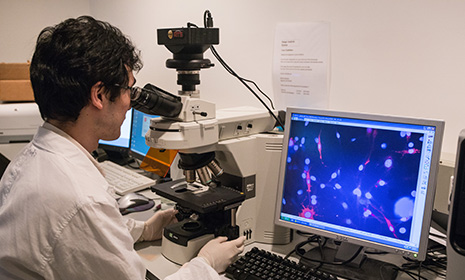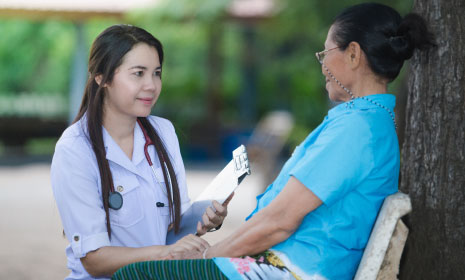Division of Public Health Laboratory Sciences
The aim of our research is to understand the emergence, evolution, transmission and pathogenesis of influenza and other emerging viral respiratory diseases and provide evidence-based options for their control. This is carried out through a multi-disciplinary program with the integration of basic, clinical and epidemiological research spanning the animal-human interface. While the core research focus is on influenza, other emerging viral infections including SARS, MERS and COVID-19 are investigated.
This program has provided key understanding of the emergence and evolution of avian influenza viruses (e.g. H5N1 and H7N9), the emergence of the H1N1 pandemic of 2009, the etiology and animal origins of SARS, the natural animal hosts and biology of MERS coronavirus, the biology of SARS-CoV-2; and on clinical virology and diagnostics of emerging infections.
The program provides the evidence-base for the effectiveness of interventions such as those in live poultry markets in reducing risk of zoonotic avian influenza and in live-game animal markets in averting the re-emergence of SARS. It provides risk-assessment of emerging zoonotic pathogens (e.g. avian influenza H7N9, MERS-CoV).
Basic research focusses on the viral and host factors contributing to pandemic and zoonotic emergence and in understanding the role of innate immune responses in the pathogenesis of severe influenza. Work is also ongoing on the development of universal vaccines for influenza and collaboration with industry on the development of broadly reacting antibodies for passive immunotherapy of influenza. The program also works on transmission of influenza virus and SARS-CoV-2.
As a WHO reference laboratory for H5 and COVID-19, it is closely linked with WHO and other international agencies (FAO, OIE). Several international training programs or workshops have been conducted by this division via these networks.








.png)
